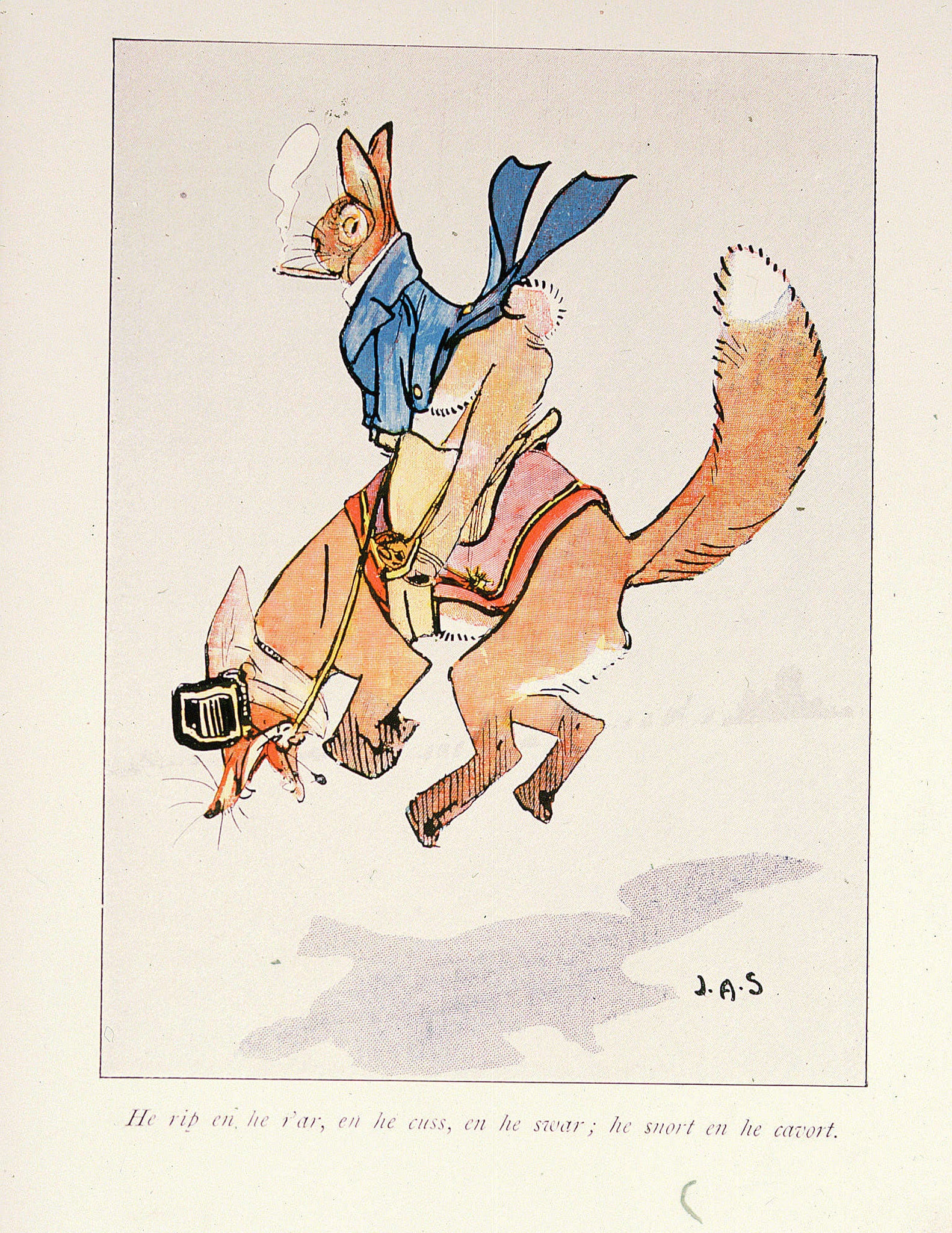Rhodri Marsden's interesting objects: Brer Fox an' Brer Rabbit board game
Patented in 1904, The Newbie Game Company's game was designed to demonstrate the evils of exploitative landowners

If you, too, enjoy humiliating friends and family by forcing them into penury, then raise your glass to Monopoly, first published in the USA by Parker Brothers this weekend in 1935. But wait! Parker had, years earlier, declined to publish an antecedent of Monopoly called The Landlord's Game. Patented in 1904 by one Elizabeth Phillips, it was designed to demonstrate the evils of exploitative landowners.
Improbably, Phillips' game did find a British publisher. A Liberal Committee from the village of Newbie in Dumfries deemed it to be a perfect illustration of their political beliefs; in 1913 they formed The Newbie Game Company and began production of a version they retitled Brer Fox an’ Brer Rabbit. In this "new and fascinating game for young and old alike", David Lloyd George was cast as the reformer, Brer Fox, and the unscrupulous landlord as Brer Rabbit.
The board roughly followed Phillips' patent, but has recognisable similarities to today's Monopoly. 'Mother Earth' is the equivalent of 'Go', while landing on 'Lord Tomnoddy’s Grouse Moor' gets you a direct passage to ‘Gaol’. Some squares feature recognisable landmarks (Selfridges, Westminster Abbey), while others don’t (Tareham Steam Laundry, Dottyville Lunatic Asylum). After five trips around the board, the ruthless bounder with the most cash wins the game.
The instructions contain a more complex variant, in which "Lord Tomnoddy, being no longer able to send trespassers to Gaol, or levy blackmail from poachers, moreover having, like other landlords, to pay a Land Values Tax to the Government, finds the game up, and emigrates to Canada, leaving his steward to collect the rents and pay them to the Public Treasury." The game was not a success, but it predated Waddingtons' London version of Monopoly by more than two decades
Join our commenting forum
Join thought-provoking conversations, follow other Independent readers and see their replies
Comments
Bookmark popover
Removed from bookmarks